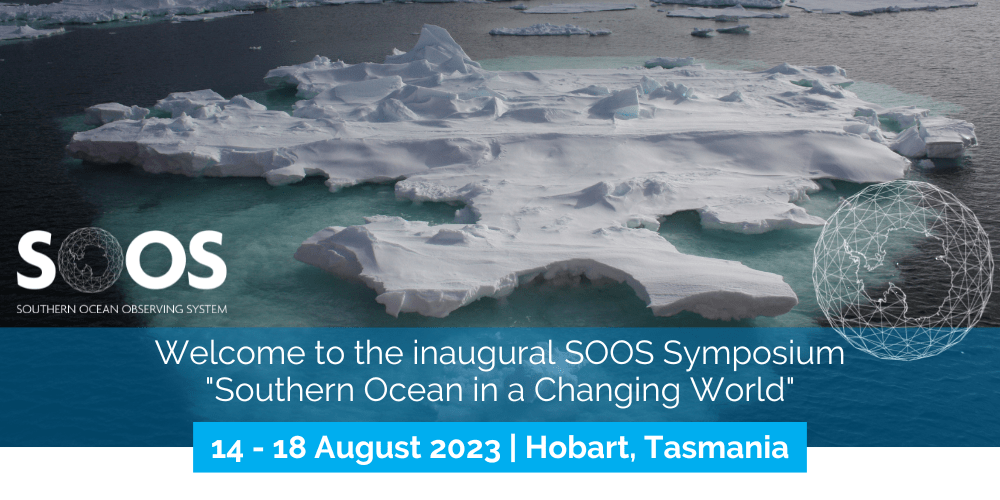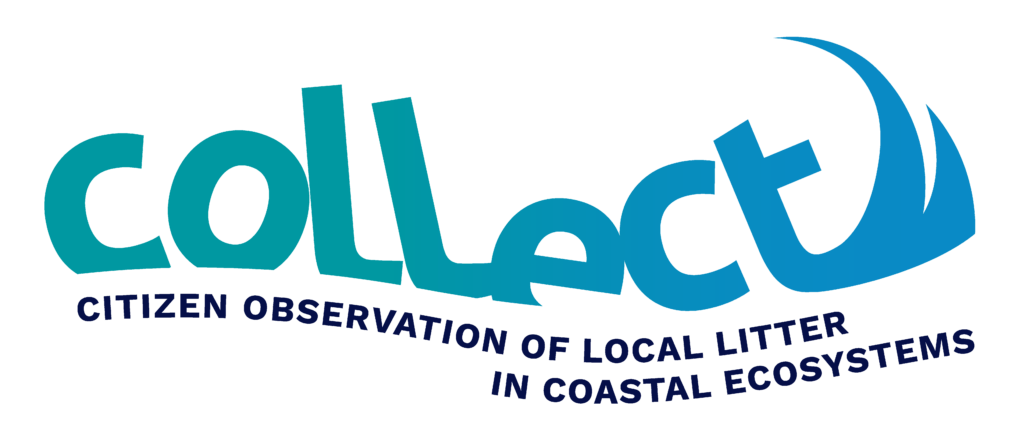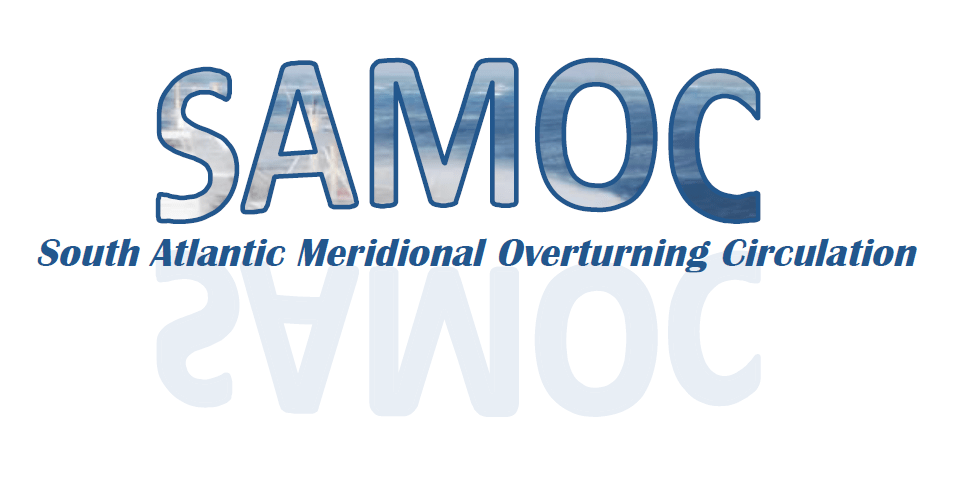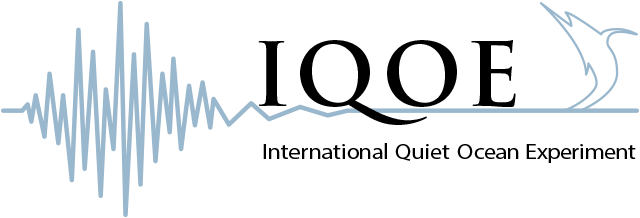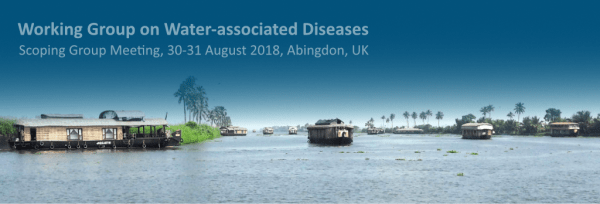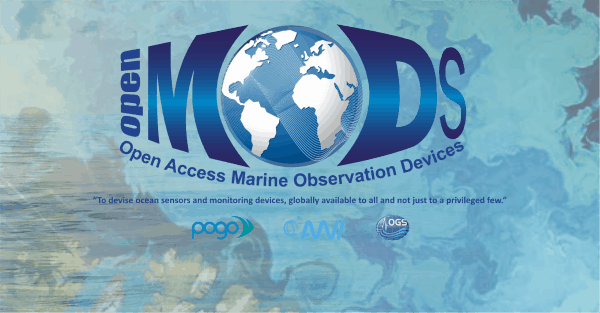COLaB
Coastal Observing Lab in a Box (COLaB) Overview Background and rationale Globally many countries face a significant hurdle in obtaining the necessary resources and knowledge to effectively monitor the coastal ocean. There is a common misconception that high end, expensive equipment is needed to monitor and study the coastal oceans. COLaB breaks this belief by […]



